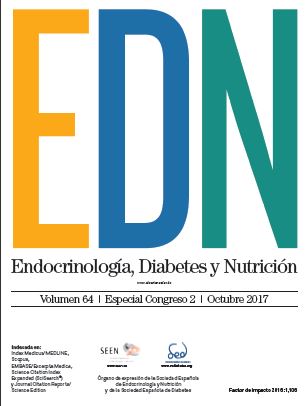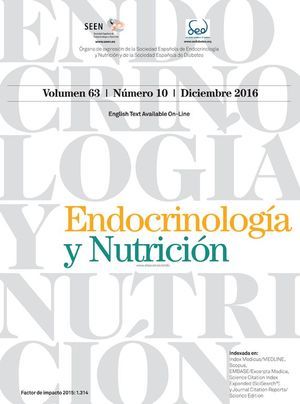36 - TSH IN PREGNANCY: ARE WE IN NEED OF A LOWER CUT-OFF VALUE?
New Damietta Faculty of Medicine. Al-Azhar University. El Cairo. Egypt.
Introduction: Thyroid perioxidase antibody (TPOAb) positivity is frequently found in middle aged women. Both TPOAb and TSH levels in early pregnancy may impact obstetric outcome in euthyroid women. Therefore, the cut-off value for TSH in early pregnancy remains controversial. We noticed increasing incidence of thyroid autoimmunity in our coastal area with iodine-supplemented salt in northern Egypt. The aim of the study was to determine the impact of TSH levels and TPOAb positivity on miscarriage among Egyptian euthyroid women.
Methods: The study was a prospective case control study, conducted at Al-Azhar University Hospital in New Damietta. It included 80 newly diagnosed pregnant euthyroid women, divided into two groups: Group 1: included 40 women with unexplained recurrent miscarriage (subdivided into 2 subgroups according to TPOAb positivity) and Group 2: included 40 control cases who had no history of miscarriage. Free T4, TSH and TPOAb assays were performed at 8 week gestational age. We follow all cases periodically till 28 week gestation.
Results: There was significant higher frequency of +ve TPOAb in group 1 than group 2 (P = 0.045). During the study observation, miscarriage occurred more than two-fold higher in group 1 than group 2 (17.5% vs 7.5% respectively, p = 0.176), but was significantly higher among TPOAb +ve than TPOAb -ve women within group 1 (54.5% vs 3.4% respectively, p < 0.001). Interestingly, 75% of cases who were positive for TPOAb and at the same time had a family history of autoimmune thyroid disease (AITD) were aborted. In group 1, there was a positive correlation between TSH and TPOAb titer (p < 0.001), and abortion occurred more frequently with TSH > 2.5 mU/L (p = 0.021).
Conclusions: TPOAb is a useful marker for identifying the risk for subsequent miscarriage among Egyptian euthyroid women. The risk is augmented when TSH exceeds 2.5 mU/L in the first trimester of pregnancy, and in the presence of a family history of AITD.







